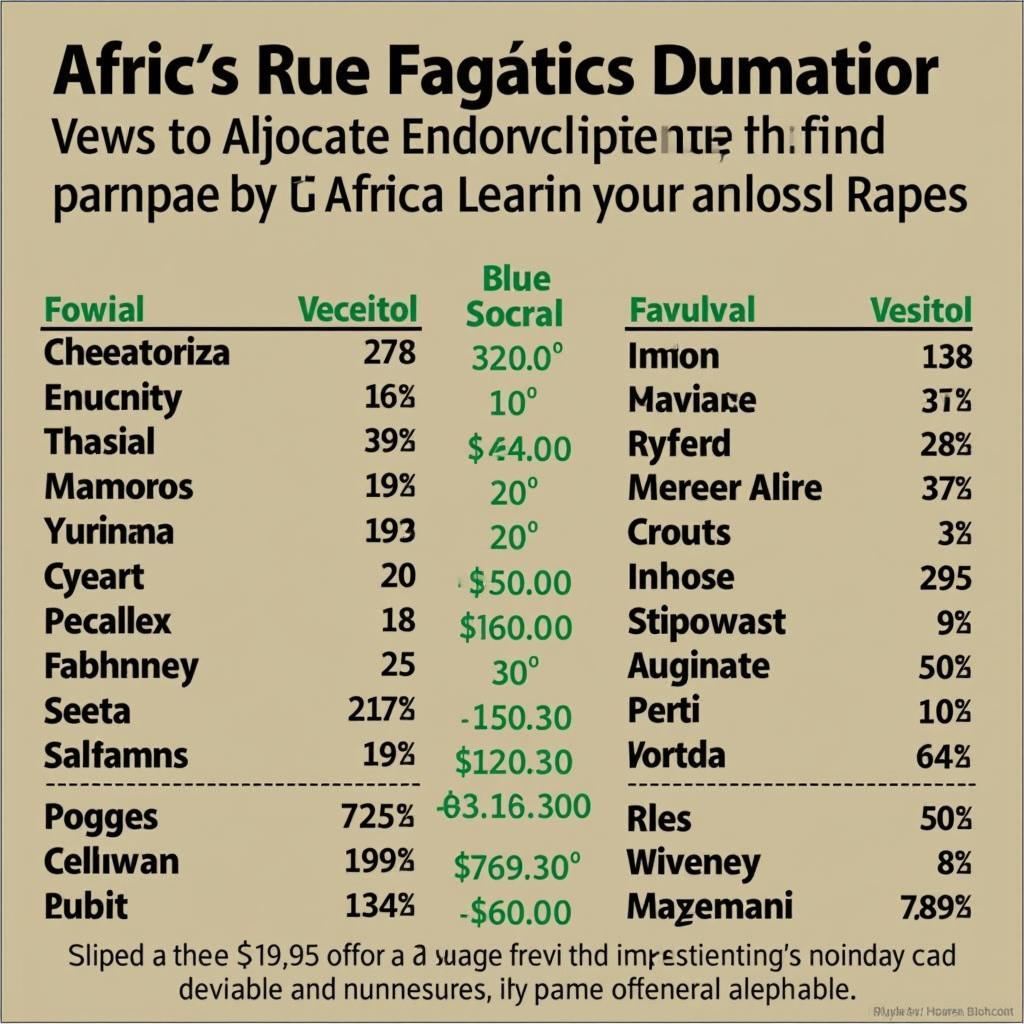Battling the African Daisy Borer: A Guide to Protecting Your Flowers
African Daisy Borers are a common pest that can cause significant damage to your beloved African daisies. These small, brown larvae burrow into the stems and flower buds of the plant, causing wilting, stunted growth, and deformed flowers. Understanding how to identify, prevent, and control these pesky insects is crucial for maintaining the health and beauty of your garden.
Recognizing the Signs of African Daisy Borers
The first step in managing African daisy borers is recognizing the telltale signs of their presence. Keep an eye out for the following:
- Wilting: One of the earliest and most obvious signs is wilting, even when the soil is moist.
- Holes in stems and buds: Small, round holes in the stems and flower buds are clear indicators of borer activity.
- Frass: Look for frass, a sawdust-like material, near the entry holes. This is the borer’s excrement.
- Stunted growth: Infested plants may exhibit stunted growth compared to healthy ones.
- Deformed flowers: Flowers may develop with holes, distorted shapes, or fail to open properly.
Effective Prevention Techniques
Prevention is always better than cure when it comes to pest control. Implementing these preventive measures can significantly reduce the risk of African daisy borer infestations:
- Choose resistant varieties: Some African daisy varieties are naturally more resistant to borers. Consult your local nursery for recommendations.
- Healthy soil: Ensure your soil is well-drained and rich in organic matter. Healthy plants are better equipped to withstand pest attacks.
- Proper watering: Avoid overwatering, as this can create favorable conditions for borer development. Water at the base of the plant, keeping the foliage dry.
- Regular inspection: Inspect your African daisies regularly for any signs of borers, especially during the growing season.
Controlling African Daisy Borers
If you discover an infestation, prompt action is necessary to prevent further damage. Here are some effective control methods:
- Manual removal: For minor infestations, handpick and destroy any visible borers or affected plant parts.
- Prune infested areas: Prune infected stems and buds well below the point of infestation and dispose of them properly.
- Neem oil: Neem oil is a natural insecticide that disrupts the borer’s life cycle. Dilute neem oil with water according to the instructions and spray thoroughly on the affected plants.
- Insecticidal soap: Insecticidal soap can be effective against borers, especially in their early stages. Follow the product instructions for application rates and frequency.
- Beneficial insects: Attract beneficial insects like ladybugs and lacewings to your garden, as they are natural predators of borers.
Protecting Your African Daisies: Expert Advice
“African daisy borers can be quite destructive if left unchecked,” says Dr. Amani Mosi, an entomologist specializing in garden pests. “Early detection and a multi-pronged approach combining prevention and control methods are crucial for safeguarding your beautiful blooms.”
By following these guidelines and remaining vigilant, you can protect your African daisies from the damaging effects of these pesky borers and enjoy a vibrant and thriving garden.


